Early morning of April 3, 2025 (Vietnam time), US President Donald Trump announced a new import tax policy, affecting 180 economies.
From April 5, 2025, the US will impose a basic tax of 10% on all goods imported into the US.
From April 9, 2025, the US will impose higher tariffs on more than 60 countries with large trade deficits with the US, of which Vietnam will be subject to a 46% tariff, causing significant impacts on Vietnam. In response, Vietnam quickly adjusted import and export taxes to minimize the impact and sought a negotiated solution with the US.
Vietnam is one of the major exporters of goods to the US, and the US's reciprocal tax will significantly affect Vietnamese export enterprises. Illustrative photo |
Below is some specific information about the US reciprocal tax policy:
US Reciprocal Tax Policy (Article 2)
Additional duties on most imports:
Initial tax rate: Additional tax of 10% is applied on the value of the goods.
Official tariff rates: Applicable to countries listed in Annex I.
Roadmap for applying US reciprocal tax (Article 3)
Effective period:
From April 5, 2025: Additional tax applies to all goods (except goods in transit before this time).
From 9/4/2025: Apply official tax rates for countries as detailed in Annex I.
Scope of application and enforcement of US countervailing duties (Article 3)
a. Goods subject to corresponding tax:
Most goods.
b. Goods exempted from corresponding tax:
(i) Goods related to national security or humanitarian assistance under section 50 USC 1702(b).
(ii) Steel, aluminum, and related products have been subject to duties under Section 232 of the Trade Expansion Act of 1962, specifically in the statements:
9704 (March 8, 2018): Adjusting aluminum imports into the US.
9705 (March 8, 2018): Adjusting steel imports into the US.
9980 (January 24, 2020): Adjusting imports of steel and aluminum products.
10895 (10/2/2025): Adjusting aluminum imports into the United States.
10896 (10/2/2025): Adjusting steel imports into the US.
(iii) Automobiles and automobile parts subject to additional duties under Section 232, as provided in Proclamation 10908 (March 26, 2025).
(iv) Certain items in Annex II, including copper, pharmaceuticals, semiconductors, timber, strategic minerals, energy and energy products.
(v) Goods from trading partners listed in Column 2 of the Harmonized Tariff Schedule of the United States (HTSUS).
(vi) Goods that may be subject to future measures under Section 232 of the Trade Expansion Act of 1962.
Products under USMCA (US-Mexico-Canada) and products in Annex II (copper, pharmaceuticals, semiconductors, timber, critical minerals not available in the US, energy and energy products) are exempt from reciprocal tariffs.
c. Tax rates applicable to Mexico and Canada:
Goods that meet USMCA origin requirements: Continue to enjoy incentives, no additional taxes.
Goods not eligible for USMCA origin:
Taxed at 25% (except for energy, potash from Canada: 10%).
If previous sanctions are lifted: 12% tariff.
d. Other notes on US reciprocal tax policy:
The duty applies only to non-US value, provided that at least 20% of the value of the goods originates in the US.
The temporary de minimis duty exemption is in effect until the US Secretary of Commerce announces that the collection system is ready.
Tariffs on Chinese goods also apply to Hong Kong (China) and Macau (China) to prevent tax evasion through these regions.
Conditions for the US to adjust its reciprocal tax policy (Article 4)
The US will increase tariffs if:
The country subject to the tax retaliates with tariffs or other measures.
US domestic manufacturing continues to decline.
The US reduces taxes if:
The taxed country takes remedial measures, signs a reciprocal trade agreement and makes appropriate adjustments with the US.
Vietnam adjusts import and export taxes
Just two days before President Donald Trump signed the reciprocal tax decree, Vietnam issued Decree 73/2025/ND-CP, adjusting preferential import and export taxes on a number of goods, effective from March 31, 2025.
According to this decree, tax rates on a number of important items are adjusted down, including cars, wood, ethanol, food and agricultural products.
Previously, on March 10, 2025, Prime Minister Pham Minh Chinh issued Directive 06/CT-TTg, requesting the Ministry of Finance to promptly adjust tax rates for a number of commodity groups to ensure harmony, rationality, and cope with the complex and unpredictable developments of the global geopolitical and economic situation.
The Ministry of Industry and Trade is currently seeking public opinions on the draft Decree regulating strategic trade control to build a modern, sustainable and highly competitive economy in the international arena.
The Ministry of Industry and Trade said that in the context of strong fluctuations in global supply chains, especially with the increase in high-tech investment in Vietnam - from electronics, computers to semiconductors, the need for a legal framework to control strategic trade has become urgent. This is one of the prerequisites for major partners to feel secure when expanding cooperation in technology transfer, large-scale investment, and implementing long-term trade agreements.
The draft Decree is a landmark document, aiming to regulate commercial activities related to dual-use goods, sensitive technologies and products affecting national security and defense. Not only protecting national interests, the draft Decree is also a commitment to localize fair and transparent trade rules that Vietnam has signed in international agreements.
According to the Ministry of Industry and Trade, the urgent issuance of the Decree on strategic trade control is extremely necessary in the context of Vietnam building a modern, sustainable and highly competitive economy in the international arena.
The public release of the draft is a testament to openness, transparency and commitment to consultation with the community, businesses and people. Notably, Vietnam is one of the very few developing countries to develop a legal framework for strategic trade control at the decree level – equivalent to the legal corridors of many advanced economies.
Proactive institutional adjustment is also a message affirming that Vietnam does not follow pressure from any country, but acts for the long-term stability of the global trade ecosystem, with its position as an economy rising strongly in the top 20 countries with the largest trade scale in the world.
Urgent moves from Vietnam are expected to influence the Trump administration, prompting the US to reconsider the 46% reciprocal tax rate.
Since returning to the White House on January 20, 2025, US President Donald Trump has rolled out a series of aggressive tariffs, marking a return to the hard-line trade policies of his first term. Throughout February, President Donald Trump announced a series of escalating tariffs targeting key US trading partners, including Canada, Mexico and China. He also imposed comprehensive tariffs on steel and aluminum imports and outlined plans for reciprocal tariffs globally. These measures reflect a broad effort by the Trump administration to protect domestic industries and address what it considers unfair trade practices.
Vietnam is one of the major suppliers of goods to the US, President Donald Trump's tariff measures could significantly affect Vietnamese export businesses.
Regarding this issue, Mr. Ta Hoang Linh, Director of the Department of Foreign Market Development (Ministry of Industry and Trade) had an interview with the press, saying: In the recent past, the Government and ministries and branches have handled a series of difficulties and obstacles of US enterprises in Vietnam, issued a Decree to reduce MFN tax (preferential import tax of countries in the WTO), in which 13 groups of goods with advantages of the US benefited. In addition, many US projects in Vietnam have received attention, resolved and removed difficulties and obstacles. The average MFN tax rate that Vietnam applies to imported goods is currently 9.4%.
The Ministry of Industry and Trade believes that there is still room for discussion and negotiation between the two sides to reach a mutually beneficial outcome.
On the morning of April 3, immediately after the US announced the imposition of tariffs, Minister of Industry and Trade Nguyen Hong Dien sent a diplomatic note requesting the US side to postpone the decision to impose tariffs to spend time discussing and finding a reasonable solution for both sides. We are arranging a phone call between the two Ministers as well as at the technical level with colleagues at the US Trade Representative (USTR) as soon as possible.
Just two days before President Donald Trump signed the reciprocal tax decree, Vietnam issued Decree 73/2025/ND-CP, adjusting preferential import and export taxes on a number of goods, effective from March 31, 2025. According to this decree, tax rates on a number of important goods are adjusted down, including automobiles, wood, ethanol, food and agricultural products. |
Minh Hien
According to Vietnam-Briefing, Unicustomsconsulting and Reallogistics
Source: https://congthuong.vn/dieu-kien-de-my-dieu-chinh-chinh-sach-thue-doi-ung-381487.html


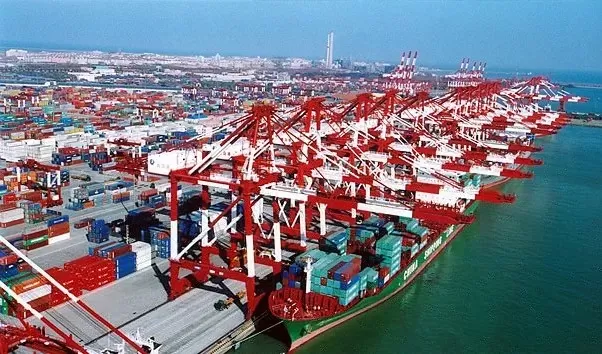









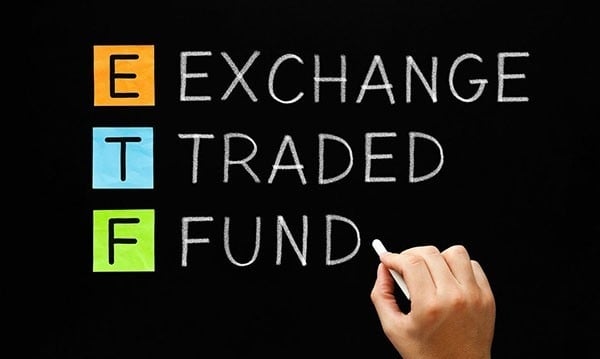
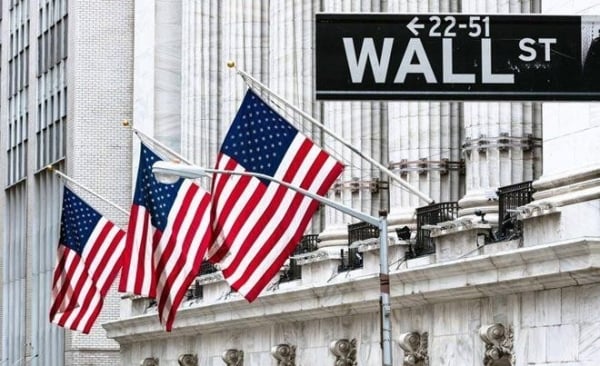





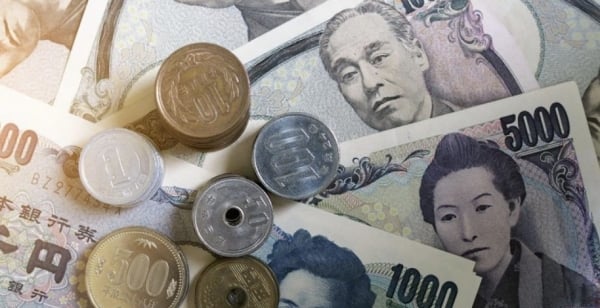
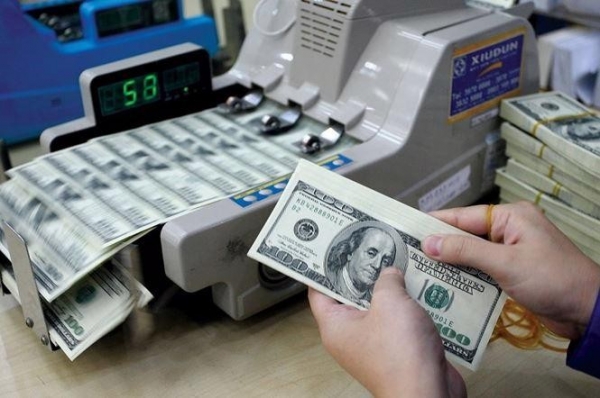




![[Photo] "Beauties" participate in the parade rehearsal at Bien Hoa airport](https://vstatic.vietnam.vn/vietnam/resource/IMAGE/2025/4/11/155502af3384431e918de0e2e585d13a)









































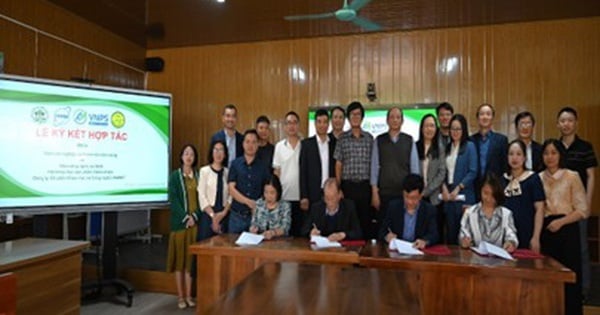











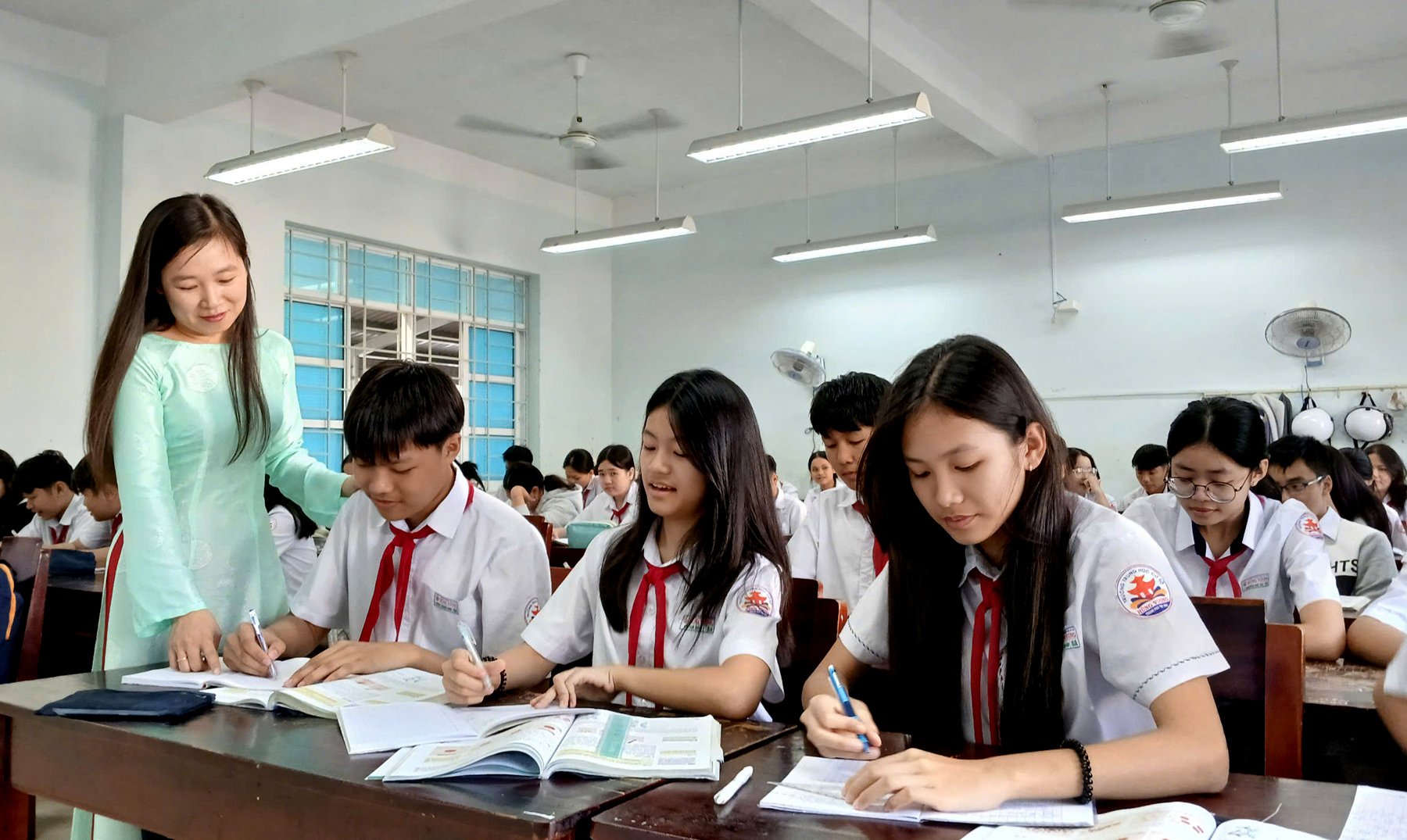









Comment (0)